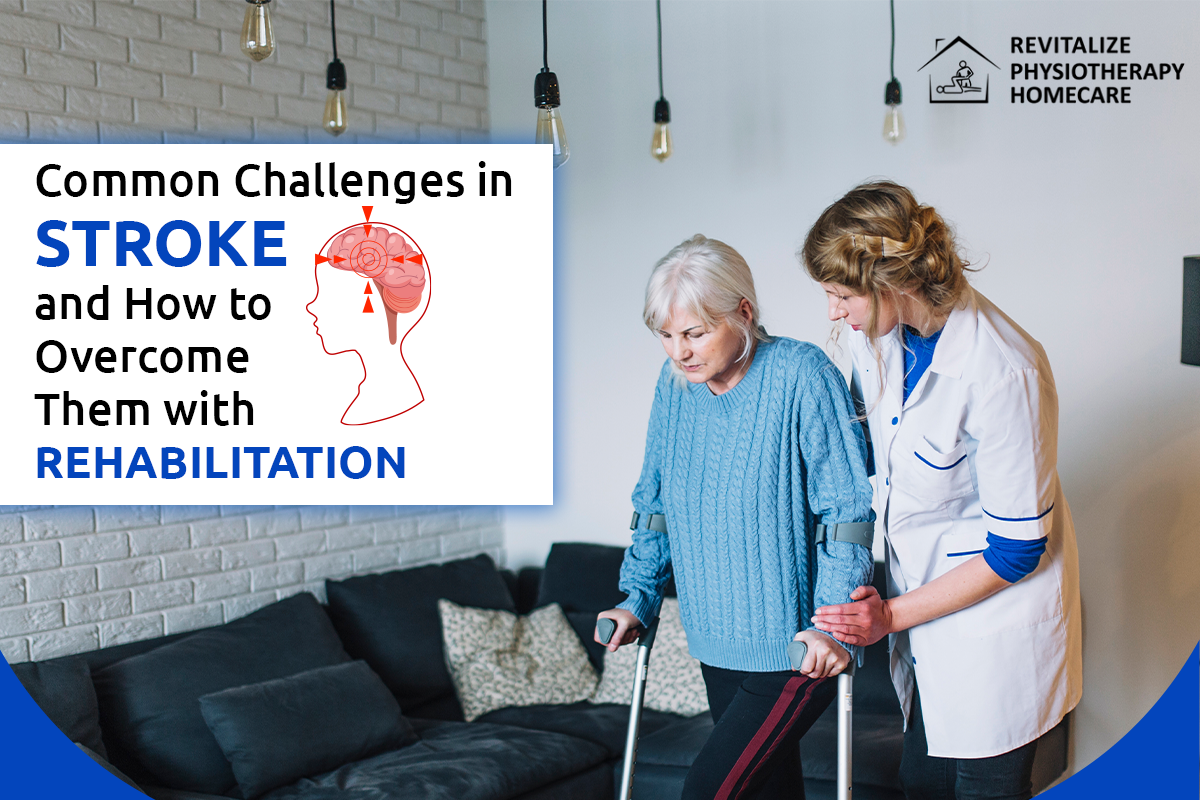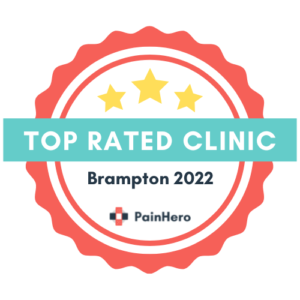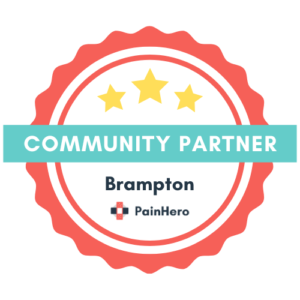Common Challenges in Stroke and How to Overcome Them with Rehabilitation
Stroke is a severe medical disorder that affects millions of individuals throughout the world. Survivors of stroke often face various challenges that can significantly impact their quality of life. Well, you can overcome these difficulties. But you'll need the assistance of expert rehabilitation services from Physiotherapy Clinic Brompton.
In this blog post, we will explore the common challenges faced by stroke survivors. And talk about how rehabilitation is essential to conquering them. Identifying challenges & implementing rehabilitation procedures can enhance recovery for individuals.
Challenges Faced Due to Stroke
1. Mobility Problem
A stroke can cause muscle weakness and joint mobility impairment on one side of the body. The muscles on the body's weak side may be extremely tense. Additionally, moving various joints and muscles in the body may be difficult. Dislocations of the shoulder and other joints are also possible. This, in turn, impacts your coordination, making walking and other physical tasks difficult. And you might also experience painful muscle spasms.
2. Speaking and Communication Problems
A stroke can result in aphasia, which is a linguistic impediment. If you have this health condition, you could find speaking difficult. It's also normal to struggle to find the correct words or to talk in complete phrases. If your speech-controlling muscles are compromised, you can experience issues with your speech.
3. Thinking and Memory Problem
After a stroke, you may experience memory loss, impaired judgment, and a loss of thinking and reasoning skills. It may also result in altered behavior. You may have been extroverted in the past but have since become withdrawn, or vice versa. Cognitive problems are frequently at their worst in the first few months, but they tend to get better. After the first several months, cognitive recovery will be delayed, but it is still feasible.
4. Bladder and Bowel Problems
Strokes can lead to issues with the bowels and bladder. You might not realize you need to use the restroom. Or you might not be able to get to the toilet quickly enough. There's a chance you'll experience bowel control issues, constipation, or diarrhea. Apart from that, it's also possible to experience incontinence, frequent urination & trouble urinating.
5. Swallowing and Eating Problems
Dysphagia, or difficulty swallowing, is a common challenge among stroke survivors. While eating, you could forget to swallow. or suffer from nerve injury which makes swallowing challenging. You might choke, cough up food, or get hiccups as a result of this.
6. Psychological Problem
Stroke can have a significant emotional impact. As it leads to feelings of anxiety, depression, and frustration. After having a stroke, up to 30% to 50% of people experience depression.
Ways to Overcoming Challenges with Rehabilitation
1. Physical Therapy
Rehabilitation focuses on improving physical abilities through exercises and techniques. The Stroke Rehabilitation Service Brampton offers comprehensive physical care. Their team of expert physiotherapists target muscle strength, coordination, balance, and mobility. Physical therapy assists people in regaining control of their movements in general. Plus, it also enhances their overall physical function.
2. Occupational Therapy
Occupational therapy aims to restore independence in daily activities. For example, dressing, grooming, and eating. Therapists work with stroke survivors to develop strategies. They may also use adaptive equipment to overcome limitations and regain functional abilities.
3. Speech and Language Therapy
Stroke can affect speech and language abilities. Speech therapists provide targeted exercises and techniques to help individuals regain communication skills. They also address swallowing difficulties, promoting safe and efficient swallowing to prevent complications.
4. Cognitive Rehabilitation
Occupational therapists can provide cognitive rehabilitation to address memory, attention, and problem-solving challenges. This may include memory exercises, structured routines, and adaptive strategies.
5. Emotional Support
Stroke survivors may experience emotional challenges such as depression, anxiety, and mood swings. Rehabilitation programs provide psychological support to address these issues. And offers coping strategies & counseling to help people manage their emotions & adjust to life after a stroke.
6. Lifestyle Modifications and Education
Rehabilitation involves educating stroke survivors and their families. And this education is about lifestyle modifications to reduce the risk of future strokes. This may include dietary changes, regular exercise, medication management, and stress reduction techniques. Education empowers individuals to make informed decisions and take control of their health.
7. Assistive Devices and Technology
Brompton physiotherapists may introduce assistive devices and technologies. As they aid stroke survivors in their daily activities. These can include mobility aids, communication devices, and adaptive tools. Additionally, it also involves home modifications that promote independence and safety.
Conclusion
Stroke survivors endure a variety of difficulties. And that may have an impact on their overall health, communication, cognition, and mobility. However, these challenges can be surmounted with therapy.
Revitalize Physiocare offers Stroke Rehabilitation Treatment Brompton among its services. Their skilled medical staff provides individualized treatment plans and focused workouts. They also promote the usage of assistive technology. So that stroke patients can restore their freedom and live a better life.
Visit our website to book an appointment with our expert physiotherapist right away!




